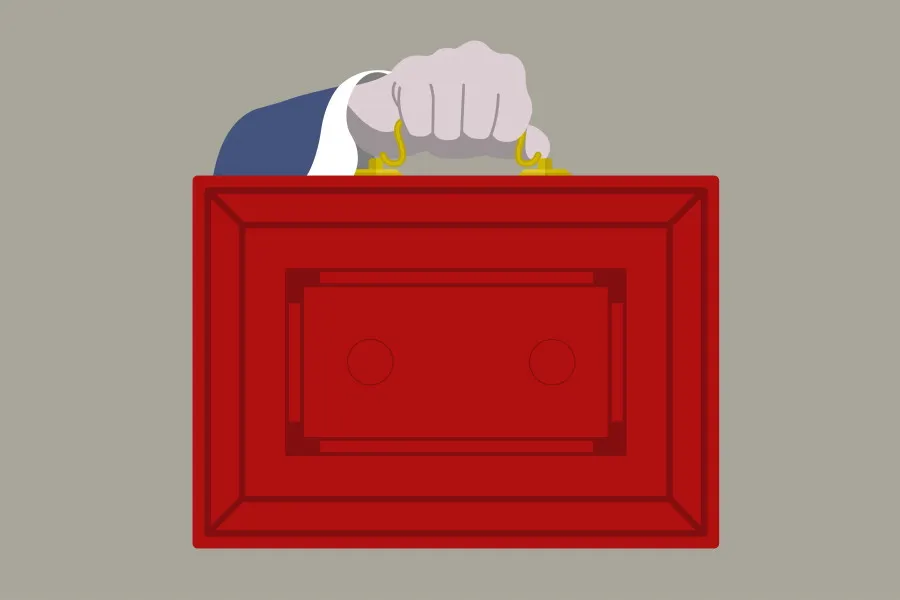Every year, you’ll have probably seen pictures of a well-dressed politician holding up a red briefcase outside 10 Downing Street. This marks the day of the annual UK Budget – or annual financial statement – whereby the Chancellor of the Exchequer makes a statement to the House of Commons which provides details of the current state of the UK’s finances and then outlines proposals to change taxation for the benefit and improvement of the economy.
This year’s UK Budget is of significant importance due to the financial impact of the pandemic both on the UK’s economy and our everyday lives.
At 12:30pm today, Rishi Sunak, the current Chancellor of the Exchequer, outlined the blueprint on taxation for the foreseeable future before the House of Commons, and he is expected to appear in a public briefing at 5pm today.
You’ll find below a brief summary of the most important factors from the UK Budget 2021:
- The furlough scheme, which was due to finish at the end of April, has been extended until the end of September. The government will continue to pay 80% of salaries capped at £2,500 per month, but will ask employers to put in 10% from July and 20% from August.
- Additional support will also be provided for self-employed individuals with the promise of a fourth and fifth grant.
- The temporary £20-per-week increase to the Universal Credit benefit has been extended for another 6 months.
- Personal income tax has been frozen from next year until 2026 – that’s a freeze on the basic income tax rate of £12,750 and £50,270 for the higher tax rate.
- Stamp duty on properties up to £500,000 has been extended to 30th June and then reduced to properties of up to £250,000 until the end of September returning to £125,000 from October. The government will also guarantee 95% mortgages to help those who can only afford a 5% deposit.
- VAT will stay at 5% for the hospitality and tourism industry until the end of September; this will then increase to 12.5% until April 2022 when it will return to 20%.
- There will be up £5 billion allocated for new grants for firms hit hardest by the coronavirus pandemic. That will be up to £6,000 for non-essential retailers and up to £18,000 for hospitality and leisure businesses.
We’ll revisit the most important parts of the Budget over the next few days once the finer details have been explored.


